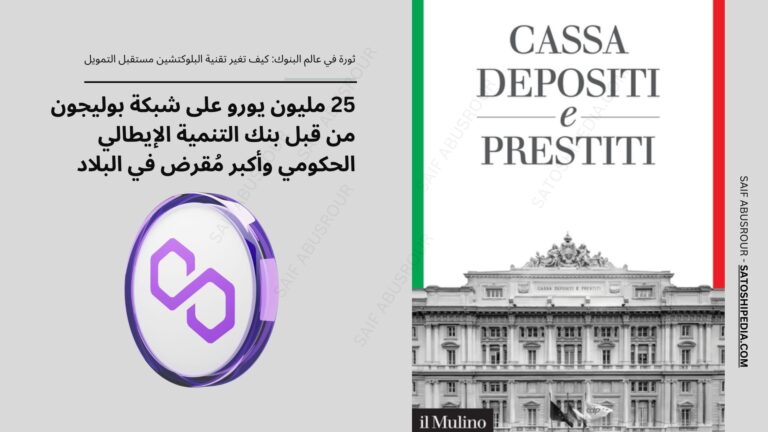Imagine a world where the gap between traditional banking and the crypto universe is shrinking fast. That’s exactly what’s happening right now, and the latest move by Deutsche Bank is a key example. They’ve teamed up with Keyrock, a company that helps bring stability to cryptocurrency markets by providing liquidity (which basically means making sure there’s enough supply and demand for cryptocurrencies so they can be easily bought and sold). Here’s what you need to know about this big deal:
What’s the Big News?
Deutsche Bank, one of the biggest names in traditional finance, has decided to provide foreign exchange services and multi-currency accounts to Keyrock. Keyrock is a market-making firm that specializes in cryptocurrencies. What does this mean? It means Keyrock will be able to move money more efficiently and manage different currencies better. This is crucial because Keyrock operates in regions all over the world, from Europe to Asia and Latin America (EMEA, APAC, LATAM), and needs to deal with lots of different currencies.
Why Should You Care?
This partnership is important because it marks another major step toward traditional finance becoming more involved in crypto. Deutsche Bank is not new to crypto—they’ve already worked with other digital asset companies—but this partnership shows their growing confidence in the future of cryptocurrencies. The fact that a bank as large as Deutsche is offering support to a crypto-native company like Keyrock gives legitimacy to the whole industry.
Keyrock’s Role in Crypto
Keyrock was founded in 2017, and it’s known for providing market-making and over-the-counter (OTC) trading for cryptocurrencies. In simple terms, market-making means that Keyrock helps ensure there’s always someone to buy or sell cryptocurrencies, which keeps the market running smoothly. OTC trading is another way to trade large amounts of crypto without affecting the market price too much.
Keyrock’s operations span across 400 markets and over 100 currency pairs. They use their own technology (special algorithms) to manage all this, making them a major player in ensuring the crypto market stays liquid and efficient.
The Benefits of the Partnership
- Multi-currency Accounts: With Deutsche Bank, Keyrock will now have access to accounts that can handle more than 10 currencies. This means they can streamline their global operations without having to rely on multiple banks. It’s like having one reliable hub for all their currency needs.
- Foreign Exchange Services: Keyrock will be able to trade currencies more efficiently, reducing costs and speeding up transactions. This is huge because it allows them to operate in different regions more effectively.
- Reduced Risks: By working with just one major bank (Deutsche Bank), Keyrock lowers its counterparty and settlement risks. This means fewer chances for something to go wrong during trades or transactions.
- Faster Settlements: With Deutsche Bank’s infrastructure, Keyrock will be able to settle transactions almost instantly, which is important for a fast-moving market like crypto.
Why It Matters for Your Knowledge
This partnership is a perfect example of how traditional financial institutions and crypto companies are starting to work together. It’s not just about buying and selling Bitcoin anymore—it’s about creating the financial infrastructure that will make cryptocurrencies a normal part of everyday business. Understanding how companies like Keyrock operate can give you a deeper insight into the mechanics of the crypto market.
Key Terms to Remember:
- Market Making: Ensuring there are always buyers and sellers in a market to keep it running smoothly.
- OTC Trading: A way to trade large amounts of assets directly between parties without using an exchange.
- Liquidity: How easily an asset can be bought or sold in the market without affecting its price.
- Counterparty Risk: The risk that the other party in a transaction may not fulfill their part of the deal.
- Settlement Risk: The risk that a transaction might not be completed as agreed.
The Bigger Picture
This deal is more than just a business arrangement—it’s part of a larger trend where traditional finance is slowly embracing crypto. Deutsche Bank has already been involved in blockchain projects and even supports other crypto exchanges like Bitpanda. This shows that crypto isn’t just a passing trend; it’s becoming part of the future of finance. As someone interested in this field, knowing how these big partnerships work helps you understand the forces shaping the market, and it shows you how finance is evolving.
If you’re looking to increase your knowledge in crypto, pay attention to how these partnerships develop. They signal which companies are leading the charge in building the financial systems of tomorrow. Understanding how traditional banks and crypto companies collaborate is key to being ahead of the curve in this rapidly changing world.



